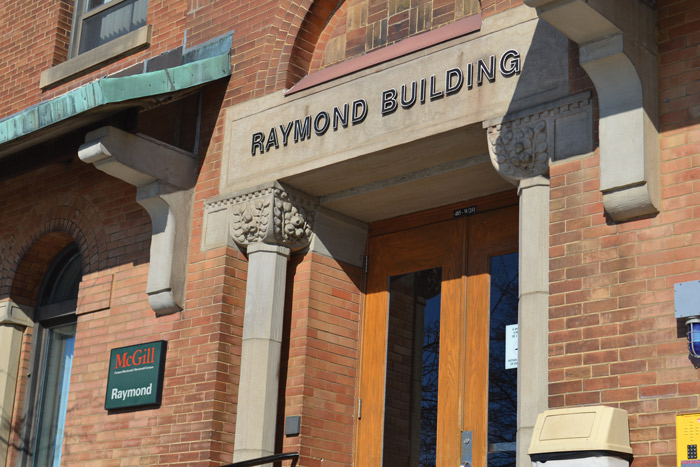Following a week-long campaign period, the Macdonald Campus Graduate Students’ Society (MCGSS) will hold a referendum on March 30 for its members to decide whether or not to explore disaffiliatation from the Post-Graduate Students’ Society (PGSS), which currently represents students on both the downtown and Macdonald campuses. If the motion passes, it would provide MCGSS executives with a mandate to initate the process for a second referendum on the question of whether to disaffiliate or remain a part of PGSS.
MCGSS President Jaaved Singh explained the Society’s wish to sever its ties with PGSS due to students’ poor representation within PGSS, difficulties in communication, and limited access to the resources and services on the downtown campus. Meanwhile, PGSS Secretary-General Victor Frankel expressed concern that, as one of the larger Post-Graduate Student Associations at McGill, MCGSS voting to disaffiliate would significantly lower the number of PGSS members.
“If this passes, we stand to lose a lot of important members,” Frankel said. “People that are really great advocates for graduate students, education, student rights, transparency in governance, all these things that I think MCGSS members really add to the strength of PGSS.”
Singh had issue with MCGSS’ relatively limited representation within PGSS. Normally, the nine departments that MCGSS represents would independently have a total of 18 votes; however, due to the difficulties involved in transporting 18 students from the various departments downtown for regular meetings, all nine departments are instead represented by the singular MCGSS, which gets only three votes on the PGSS Legislative Council.
“[The current voting structure] gives a huge power imbalance,” Singh said. “Technically, we’re a larger group that fills a smaller role within the PGSS structure.”
Krittika Mittal, a PhD student in Natural Resource Sciences (NRS) and student representative for the NRS department in PGSS, cited several challenges arising from the distance between the two campuses. According to Mittal, living and working near the Macdonald campus means she almost never uses the services at the downtown campus.
“If I’m paying for all those resources and services, but I’m not using them there, why are we paying money to PGSS?” Mittal said. “If 100 per cent of the fees I’m paying are going to the Macdonald campus community and I’m able to access those resources here, I think it’s just better that way.”
MCGSS members will lose certain advantages if the disaffiliation passes, including access to PGSS’ Thomson House, various events and discounts, and the PGSS health and dental plan. However, Singh mentioned that there would be negotiations over service provision and that there are several types of membership, such as associate rather than full members. Additionally, he said that MCGSS could try to adopt the Macdonald Campus Students’ Society’s (MCSS) health and dental plan should the referendum pass. Currently, MCSS represents undergraduate students on the Macdonald campus.
“I see the future with MCSS being more of a partnership–not one organization, but two organizations with joined agreements or missions that affect all students,” Singh said. “Working with MCSS is a lot easier because we’re less than five minutes away from speaking with them. It’s a lot easier than having to get all the way downtown.”
Singh emphasized that MCGSS wouldn’t go any further in rejoining MCSS, citing the progress made since the organization’s initial split in 2012.
“MCGSS becoming independent from MCSS has developed a stronger student union culture within MCGSS,” Singh said. “Before, you pretty much had all the campus responsibilities under MCSS and all the graduate representation under PGSS, so there wasn’t a niche for MCGSS to fill, and since MCGSS separated from MCSS, it started getting more involved.”
Frankel concluded that PGSS would prefer to see MCGSS stay, but would support them regardless of how they voted. Singh emphasized that entertaining the notion of separating was logistical and financial, not personal.
“There’s no resentment, it’s just the current situation operating within PGSS is not working for MCGSS, so we want to become our own group and disaffiliate [from] them,” Singh said. “We think it makes sense to become our own group, with our own fees, and that way we can really tailor our services and support to Mac grad students.”
A previous version of this article incorrectly stated that the March 30 motion was on the question of whether MCGSS should disafilliate from PGSS or not. In fact, the motion was on whether MCGSS executives should explore dissafilliation. A second referendum would be required to actually separate the two societies. The Tribune regrets this error.










I understand that the resources and benefits located downtown are difficult for Mac students to access. But for votes and meetings I’m surprised the physical travel is still required in 2017.